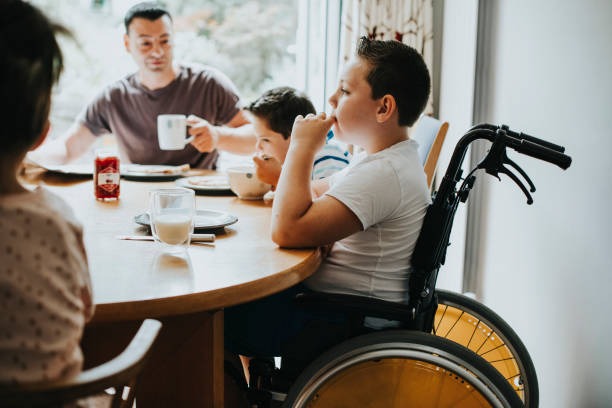Assessing SEN Motor Skills Development
The Importance of Evaluating SEN Motor Skills
PARENTING
Sherry Jones
2/18/20242 min read


Motor skills are an essential aspect of a child's development, impacting their independence and ability to perform everyday tasks. For children with Special Educational Needs (SEN), evaluating their motor skills becomes even more crucial. By assessing both fine motor skills, such as grasping objects and using utensils, and gross motor skills, like walking and running, professionals can identify areas that may require extra attention and support.
Fine Motor Skills
Fine motor skills involve the coordination of small muscles in the hands and fingers, enabling children to perform precise movements. These skills are necessary for tasks such as writing, buttoning clothes, and using cutlery. For children with SEN, fine motor skill evaluation helps determine their ability to manipulate objects and perform activities that require dexterity.
During an evaluation, professionals observe how well a child can grasp and release objects, manipulate small items, and use utensils effectively. They may also assess hand-eye coordination, finger strength, and the ability to perform tasks that require precise movements, such as tying shoelaces or using scissors.
Identifying any difficulties in fine motor skills allows professionals to design targeted interventions and provide appropriate support to help children improve their abilities. Occupational therapists often work closely with children with SEN to develop strategies and exercises that enhance fine motor skills.
Gross Motor Skills
Gross motor skills involve the coordination of large muscle groups and are essential for activities such as walking, running, jumping, and balancing. Evaluating gross motor skills in children with SEN helps identify any challenges they may face in physical activities and mobility.
During a gross motor skills evaluation, professionals assess a child's ability to perform fundamental movements, such as crawling, walking, jumping, and catching a ball. They may also observe balance, coordination, and the ability to navigate obstacles. Identifying any difficulties in gross motor skills enables professionals to tailor interventions and support to improve a child's physical abilities and overall mobility.
Supporting Children with SEN Motor Skills
Once motor skill evaluations are complete, professionals can develop individualized plans to support children with SEN in improving their motor skills. This may involve a combination of therapy, exercises, and assistive devices.
Occupational therapists often work with children to develop fine motor skills through activities such as finger exercises, hand strengthening exercises, and practicing tasks that require precise movements. They may also recommend adaptive equipment, such as pencil grips or modified utensils, to facilitate better grip and manipulation.
For gross motor skill development, physical therapists may focus on exercises and activities that improve coordination, balance, and strength. They may also suggest adaptive equipment, such as walkers or braces, to assist with mobility.
Regular monitoring and reassessment of motor skills are essential to track progress and make any necessary adjustments to the support provided. By evaluating and addressing the specific motor skill needs of children with SEN, professionals can help them gain independence and improve their ability to perform everyday tasks.
In conclusion, evaluating SEN motor skills, both fine and gross, is crucial for identifying areas that may require extra attention and support. By addressing these needs through targeted interventions, professionals can help children with SEN improve their motor skills and enhance their overall independence.
Contact
Email: contact@beyondlabelreads.com
Socials
WhatsApp: 07840005489
